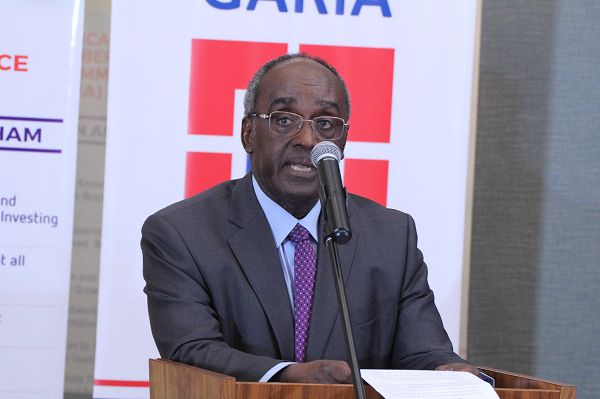Recent report by the International Monetary Fund states this.
Just three decades ago, Ghana was in crisis; impoverished and suffering famine, it was on the verge of economic collapse.
Fast-forward to the present day, the West African nation has staged a remarkable comeback and is predicted to be the world’s fastest growing economy in 2019.
Long known as one of the world’s largest cocoa producers, Ghana’s growth is now being buoyed by a different commodity: oil. Expanding crude production and rising prices have placed Ghana’s economy at the top of the GDP growth tables. The International Monetary Fund estimates GDP will rise 8.8% this year – double the pace of emerging economies as a whole, and well ahead of world growth.
While Ghana’s prosperity is closely tied to the oil markets, it remains one of the largest exporters of gold in the world, and cocoa is also still a significant product.
But it’s not just Ghana’s resources that are driving the economic uptick. Under a stable democracy, government initiatives to formalise the economy and introduce a more favourable taxation structure are starting to bear fruit, the IMF says. Its once floundering manufacturing industry is also being helped through policies aimed at diversifying the economy and preventing an over-reliance on the commodity markets.
But despite its blossoming economy, Ghana’s GDP per capita is roughly half that of emerging and developing economies, according to the IMF. Unemployment is also marginally above the rate for sub-Saharan Africa.
With fellow West African nations Mauritania and Senegal both looking to make good on their own recent oil and gas discoveries, eyes will be on Ghana to convert its oil boom into sustainable growth.
Further Analysis by ghanatalksbusiness.com
With the IMF having enumerated the tall list of favorable indicators which should make Ghana sit on top of all other countries, one question remains. Are citizens of the country benefiting from these positive indicators? Is the quality of life of the average Ghanaian better than it was say 5 or more years ago?
There is a current trend of massive unemployment stemming from the banking sector reform which has resulted in shutdown of financial institutions formally employing a good number of Ghanaians. Huge numbers in the Savings & Loans sector are currently lingering on, not knowing their fate, a chunk of them will further add to the unemployed eventually.
Crime rate, especially kidnappings and daring armed robberies are occurring even in short distances from police posts at an alarming rate. Security agencies either look on helplessly or are perhaps not bothered at all with spate of attacks meted out to innocent citizens
The IMF might have touted Ghana’s favourable growth indicators, but government needs to sit up and provide a more conducive and safe environment for citizens to actually benefit from such positive growth prospects, and also to attract further foreign investors.





